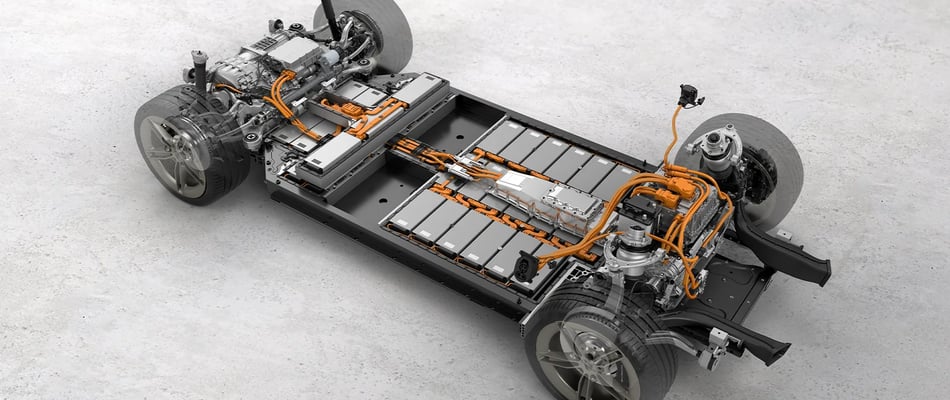How long does an electric car battery last?

One of the main concerns for consumers considering purchasing an electric car is the lifespan of the battery. Electric car batteries are a critical component of the vehicle, and their lifespan can have a significant impact on the car's overall performance and value.
The lifespan of an electric car battery can vary depending on several factors, including the make and model of the car, driving habits, climate, and maintenance. On average, most electric car batteries are designed to last for about 100,000 miles or 8-10 years.
However, it's important to note that the lifespan of an electric car battery is not the same as its warranty period. Most electric car manufacturers offer warranties on their batteries for a certain number of years or miles, typically ranging from 8-10 years or 100,000-150,000 miles.
To extend the lifespan of an electric car battery, it's important to follow proper maintenance practices. This includes keeping the battery charged between 20-80%, avoiding extreme temperatures, and avoiding frequent fast charging.
When an electric car battery reaches the end of its lifespan, it will begin to lose its charging capacity, which means it will need to be replaced. The cost of battery replacement can vary depending on the make and model of the car and the size of the battery, but it can be a significant expense.
In conclusion, the lifespan of an electric car battery can vary depending on several factors, including make and model, driving habits, climate, and maintenance. While most electric car batteries are designed to last for about 100,000 miles or 8-10 years, proper maintenance can extend their lifespan. When the battery reaches the end of its lifespan, it will need to be replaced, which can be a significant expense.